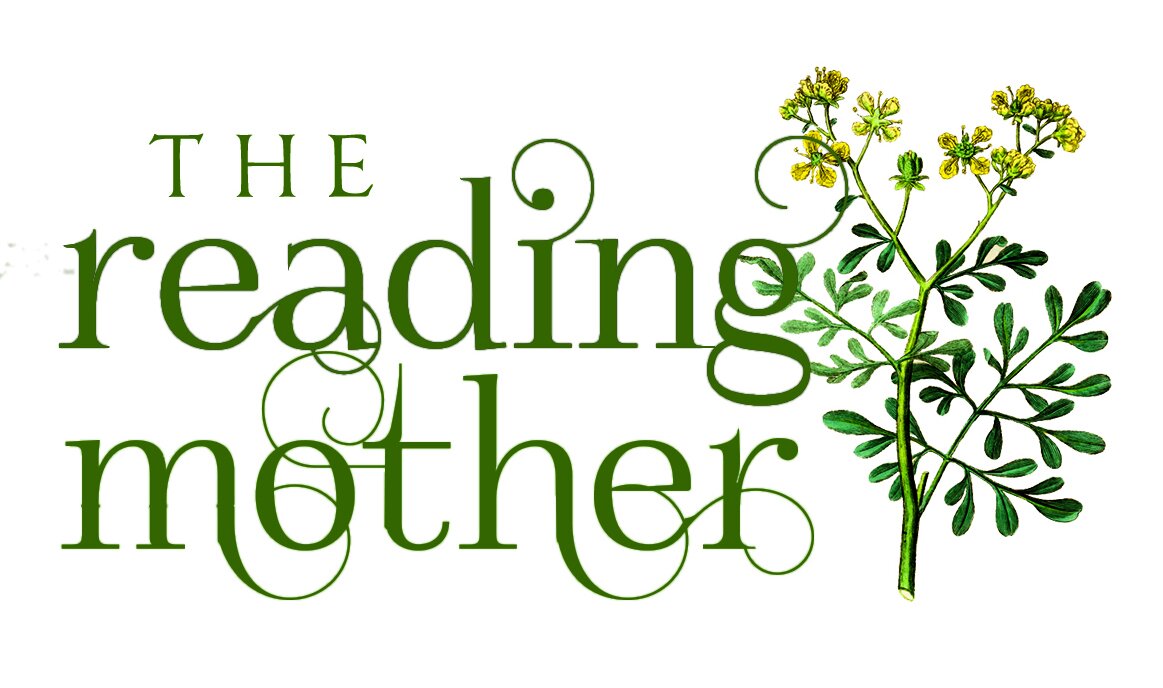Formation and Anne of Green Gables
Anne has been much in the news of late, with lots of folks weighing in on the new series created by Netflix. Although I have—of course!—strong opinions based on what I have read of the series, I have refrained (mostly) from airing those opinions, except to respond recently to a friend's facebook post about it, with my typical response when any beloved book is "adapted" to film: Why can't they get their own dang story? Why mess with mine?
For Anne is mine. She was bequeathed to me by the mentors of my younger literary self, my Great-Aunt Lucy and her daughter, Elizabeth. It came about in a rather amusing way. When I was thirteen, I went to visit Elizabeth and her family in Schenectady, NY, for several weeks in the summer, toting along my cardboard box full of repeatedly read Nancy Drew books. I was an avid reader, but my literary taste was wanting. Elizabeth took one look at those books, and made me promise to put them away for good. She handed me book after book that week, and I devoured them. Soon, I was receiving gifts of books from Aunt Lucy, including Anne and Narnia, two of the most formative and enduring literary influences in my life. Every one of those lovely hardbacks are still on my shelves; they were the companions of my youth, my young married life, my early, mid-, and late motherhood, as well as my life as a teacher. They have proved faithful friends in every season, and I could not be more grateful.
To be fair, there is no way that any movie can capture all that I love about Anne. I know this may shock and disappoint, but I honestly didn't love the Megan Follows adaptation either, and I didn't encourage my daughter to watch it. In my mind, much of the magic of the Anne books is the fact that they are books, and so my daughter and I read them aloud—along with her older brother, who loved them too— instead of watching the movie. At some point, we did watch, but I wanted the memories to come from the books, not the movies.
I recently read a lovely series of articles by Lanier Ivester at the Rabbit Room, “The Craft and Courage of L. M. Montgomery.” She references other Montgomery books as well. I commend them to you for your summer reading pleasure. Here are a few excerpts from the series to inspire and encourage you. On Anne and friendship:
But I think that Montgomery described her own fan base in Anne’s House of Dreams with Miss Cornelia’s evocative descriptor of a true friend. She identifies a kindred spirit as one who is “of the race that knows Joseph.” A dreamer of dreams. According to Montgomery, those of Joseph’s race “share our taste in loves and jokes,” and are recognized as “‘kindred souls’ as soon as we meet them.”I think that’s at the heart of L. M. Montgomery’s appeal: in the midst of a hard-nosed, heartbroken old world, idealists recognize our own kind, both in her books and in the lovers of them. A friend once described the writings of Montgomery as a warm fire around which dreamers couldn’t help but gather. It’s true; I can’t tell you how many significant friendships in my life have originated in a “what—you, too?” moment of connection over Montgomery’s novels . . .
On Anne as a counselor. This is something I want to write about someday once I have some time to ponder it a bit more. For now, I'll just say that I often turn to well-loved books like Montgomery's in gloomy seasons of life, and I have encouraged others in such seasons to do the same.
Psychologists have all kinds of wonderful tricks for helping people snap out of unhealthy thought patterns or identity crises. But the very swiftest, surest way for me to remember who I am, to remember my fairy birthright as writer, romantic, and lover of beauty, is to look up a favorite passage in an L. M. Montgomery book, or to dip into one of her short stories. I need her to remind me that a snowy tea cloth and a jug of wildflowers matter; that it’s always better to poke fun at human nature than to judge it; that ideals are just as real as experience. And the more I’ve learned about Lucy Maud’s personal life and some of the fearsome challenges she faced in bringing these books into existence, the more I love and look up to her.
On Anne as an inspirer:
To begin with, I believe L. M. Montgomery was an Ideal-Shaper. She possessed a unique ability to call forth unformed, unarticulated longings in the hearts of her readers and embody them in lively, independent, endearingly flawed characters. There are a lot of ideals represented in her books, but three of the most important, I think, are romantic ideals, ambitious ideals, and domestic ideals . . .
On Anne and the longing for home:
L. M. Montgomery was an enchantress: her words cast a spell, opening our eyes to the beauty all around us. But one of the most exciting things to me about her fiction is that she shows us what magic can happen when imagination meets contentment. Montgomery’s heroines are all on quest—but unlike the traditional nature of a quest, involving arduous physical travel to a faraway geographical location, Montgomery’s characters stay put for the most part. They are stretched, refined, sometimes tormented by their longings. But in the end, they find their treasure right where they are. Montgomery shows us that when we bring the beauty of our ideals to the place where we are—that’s where the magic happens.
Read the rest at the Rabbit Room: Part One, Part Two, Part Three, Part Four

